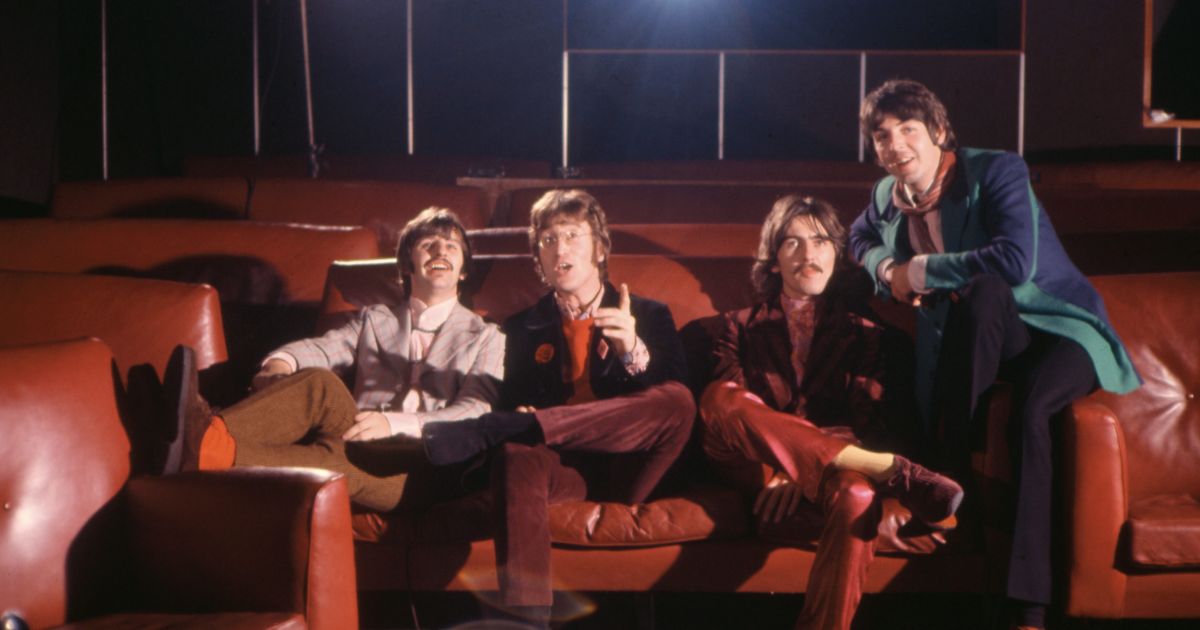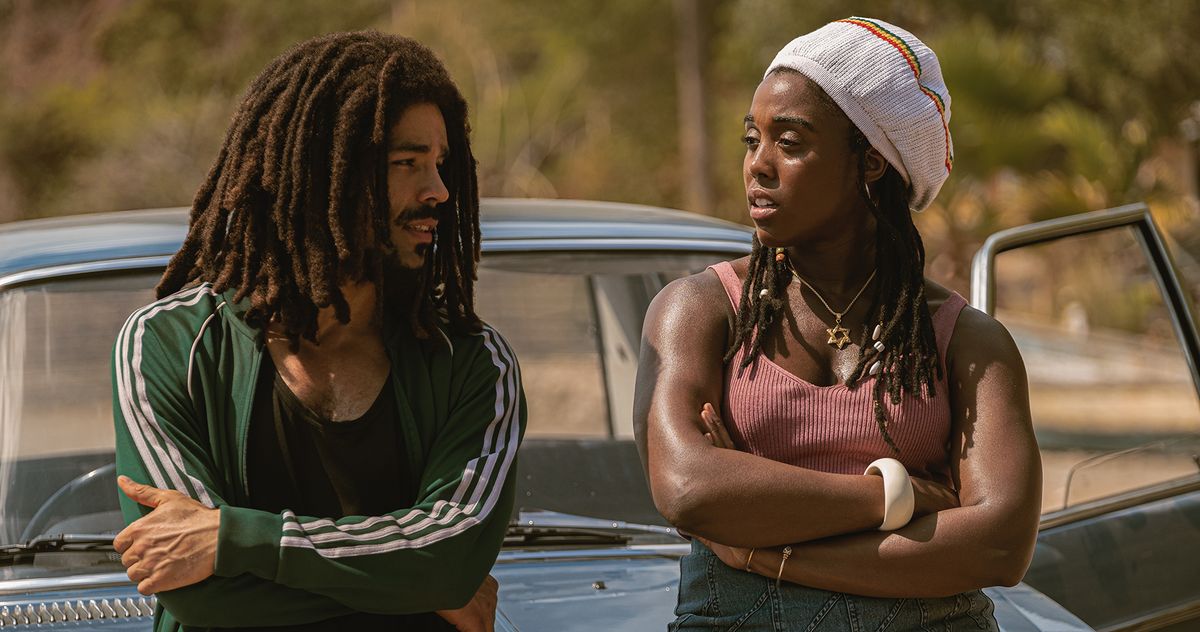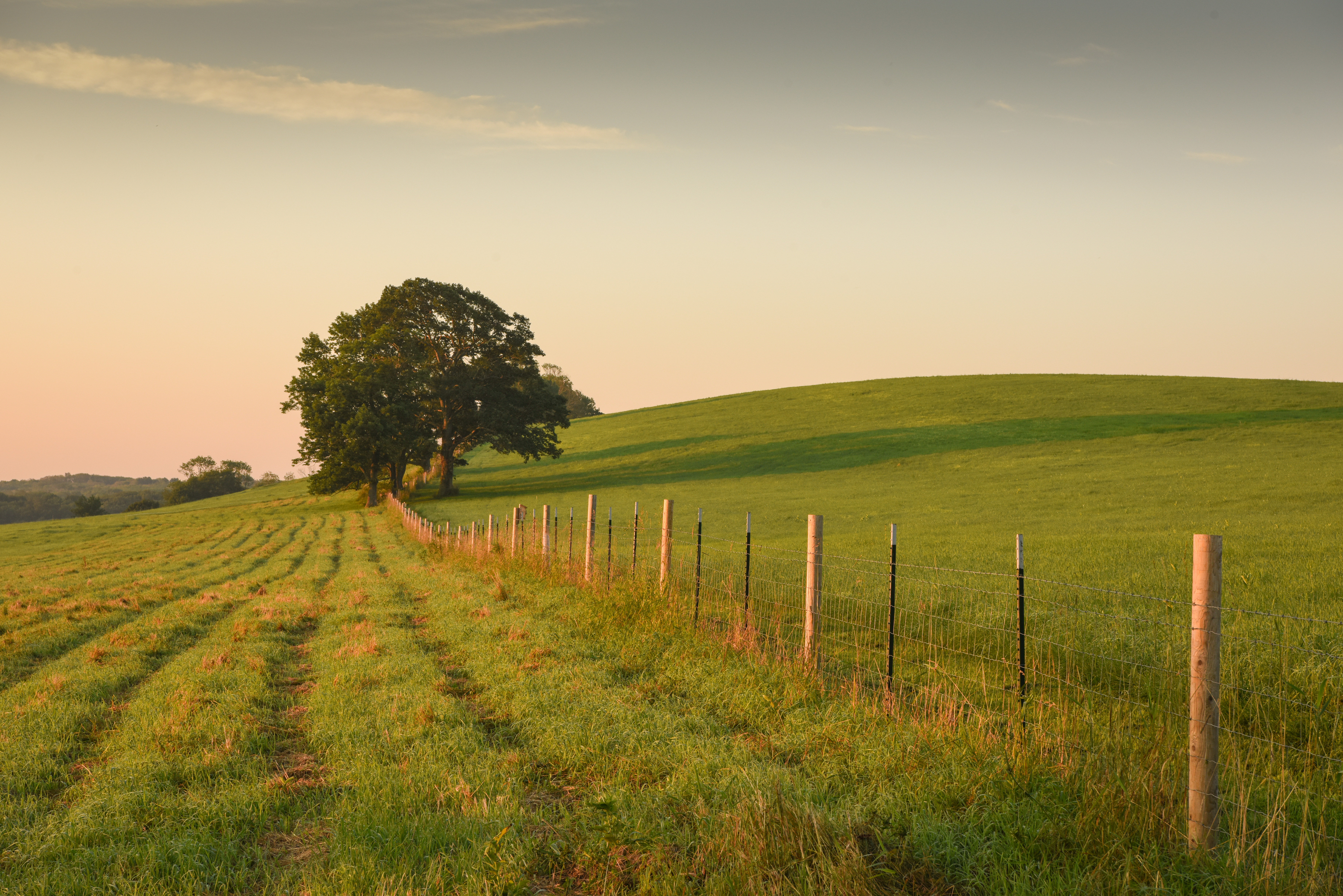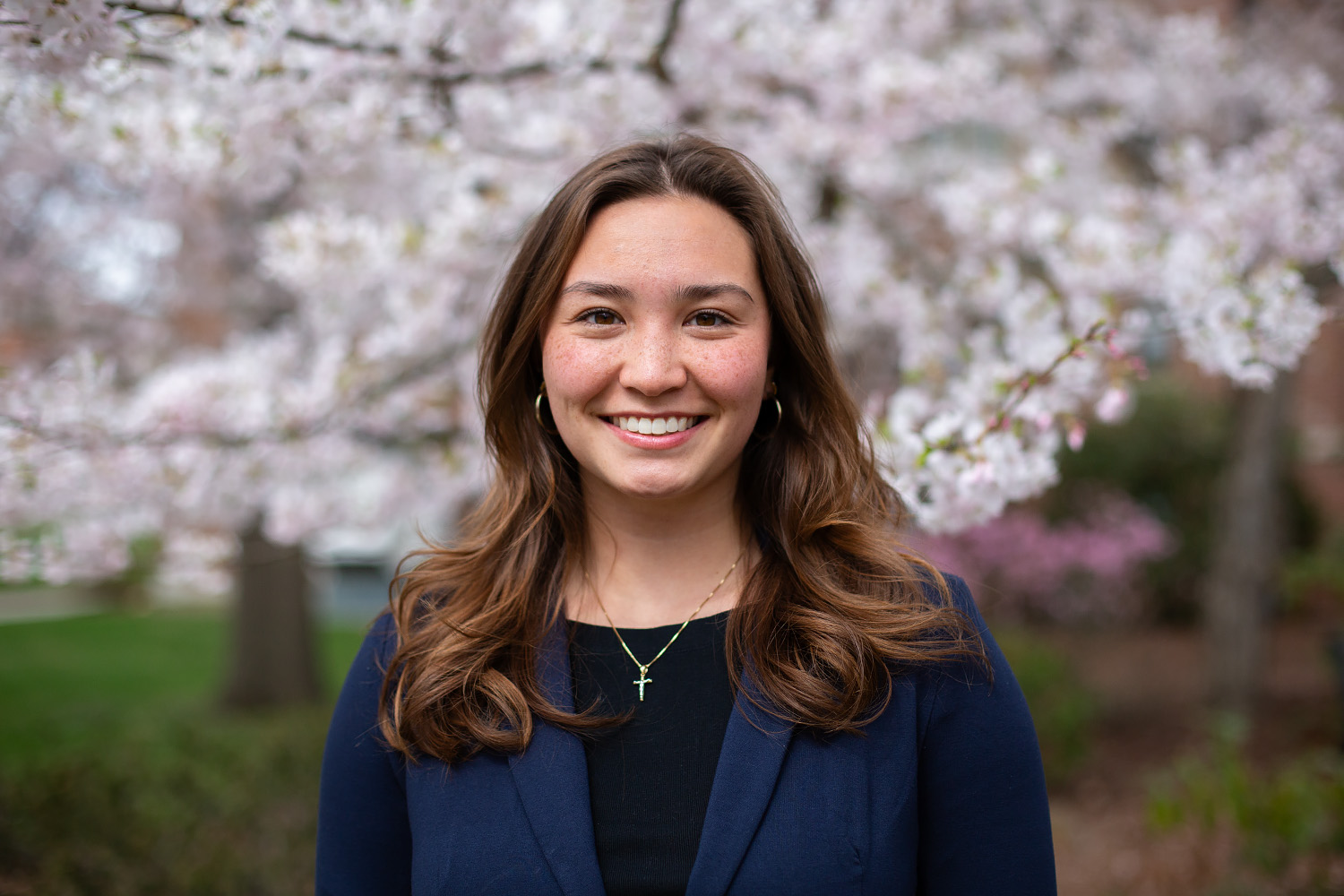
Aml Ameen on Significance of BET+ Series ‘The Porter,’ and Playing Dr. Martin Luther King Jr. in ‘Rustin’ (Exclusive)
Fresh off the success of his history-making rom-com Boxing Day, Aml Ameen is back in the net BET+ series The Porter. Starring alongside greats such as Alfre Woodard, Aml plays Junior in the 8-episode Canadian civil rights drama about the unionizing of train porters is also part of a revolution in Canadian TV toward greater Black representation on the CBC. Set in the roaring 1920s in Montreal and Chicago, the story follows two Black railway porters/war buddies, who hustle, dream, cross borders, and confront racial barriers on and off the railways across North America.
It was a passion project for Ameen, much like his previous and forthcoming projects to highlight the Black experience in its rawest truth. The I May Destroy You star will make his debut as Dr. Martin Luther King Jr. in the upcoming Netflix feature Rustin opposite Chris Rock and Coleman Domingo. The film follows the story of gay civil rights activist Bayard Rustin, who organized the 1963 March on Washington – and has the former First Family, the Obamas, backing it.
Popculture.com recently spoke with Ameel on all of his current and upcoming projects. Watch the full interview above.
PC: I got a chance to watch The Porter and I also spoke with Alfre Woodard the other day. It’s exciting to talk to you about the series. What was it like going back into the 1920s era for the show?
AA: For me, I’ve always loved that particular era. I grew up on 1940s movies, which had predominantly white people in them, other than the Nicholas Brothers and Bojangles and a bit of Sammy Davis Jr. But I grew up on those movies with my mum. And so I’ve always wanted to go back to that particular time of jazz and razzmatazz and gangsters and this new world – it was a new world at the time. And this undiscovered chartered territory where Black people may end up and who we were at that particular time.
And funny enough, there’s this movie called North by Northwest with Cary Grant. It’s an Alfred Hitchcock movie. And as I was doing The Porter, that movie came on and there’s a moment where there’s a porter that comes in and serves Cary Grant. And he’s the butt of the joke for five to six or seven minutes. And I thought how fascinating that we’re in a situation where we’re doing a movie, or a TV show, and it goes behind who that person is and who those people were that served their community, that built up life. And we see how mirrored it is to this day. There are a lot of things that have progressed and there are a lot of things that remain really the same.
Why did you feel like this was such an important story to tell? What made you want to be a part of the show?
What made me initially was that era. And I think what made me initially was Junior, the character, is really dynamic. You’re talking about someone who’s just come back from the war, Word War I. We had not gone into World War II yet. This is someone that is a decorated hero, but comes back from serving his country and effectively been able to kill white people and those circumstances in war. But when he is brought back into 1920s Montreal, he’s in a situation where he is subjugated to being in the same position. And this person has now come back with Zeke, with skills to protect themselves and their family. I find that very particularly interesting. The rise of the gangster story is very compelling to me. Just thinking, “What turns someone’s head?”
Junior’s a guy who’s just trying to make good for his family. He has a son who has a disability and a wife, and he’s just trying to make good for his family. But circumstance turns on its head and it’s like, “What are you going to do?” “Are you going to wait for change to occur?” “Or are you going to be loud or smart, intelligent, and find ways of fighting back and getting ahead?” Those things really appeal to me because it’s the same thing we’re in today. I had a funny thing that just happened to me a minute ago. I just did a movie in England called Borderland. And I’m the star of the movie. The distributors put out their first images and said, “It stars this person, that person, that person.” Put out an image of two white cast members and left not only my face out, but my name out. And I decided to tweet about it.
And in my career, before I’ve just been trepidatious about saying certain things because of fear. And it’s characters like Junior, people like the ones in The Porter, these people and going through their experiences really inspire you to find a way to use your own voice in moments that are important.
Now being left off a poster, that might seem like a trivial thing or your name left out. But being unseen as a Black person perpetuates all the bigger problems we have. If I’m unseen as a Black person in this circumstance, and then decategorizes a Black person and dehumanizes a Black person, by the time someone comes out to do certain things to me, whether it be me or something else – you’re in a situation where people don’t even feel empathy because they’re like, “Well, aren’t Black people like this?” “Well, I don’t really see them.” “I don’t really know them.” “I don’t have to converse with them.”
And so these things and these stories are more important than just an actor saying so. They’re really important. Having those personal experiences has made me really [aware]. I’m always drawn to that anyway, but it’s made me really understand what this is about.
People are anxiously awaiting for Rustin, which is going to debut on Netflix about civil rights activist, Bayard Rustin. You play Dr. Martin Luther King Jr. in the project. How did you go about transforming into such an icon as Dr. King for the role?
Hopefully successfully. It’s such a big thing. I was doing The Porter actually when I got the call to audition for it. And it just so happened I was looking a bit more like Martin Luther King while I was playing Junior. But how I went about it, once I got the part, I went into a feeling of really trying to spiritually understand the person and the man at that particular juncture. And I did that by listening to a lot of George C. Wolfe, finding out what Martin was reading and listening to, and the things that informed him as a young man. Because we start the story when he is younger and then we build to the “I Have a Dream” speech. That was something that I really took on the ground, a lot of meditation on that.
And then effectively sitting in the role, I had people meet me as my version of Dr. King. My personality wasn’t present while I was shooting the movie for the most part. I’d turn up like that. You just try and service the larger story. And it’s the larger story in this particular iteration is about Bayard Rustin and his contribution to the Civil Rights Movement. And his contribution was erased from history because of his sexuality. I was there to serve the larger story and hopefully, I did it service.
You previously mentioned that you’re excited for people to really learn about Bayard Rustin and learn about the truth of him being such a force in a time like the Civil Rights Movement but while also being pushed to the back because he did identify as LGBTQ+. How timely do you feel like this project is when the community is at risk of having their rights stripped in so many ways?
Every other is extremely important right now. Every other – every person who is at risk. Art is a great history teller. It’s the story of griots. And art has been used to perpetuate certain points of view that shape our worldview and therefore people have a different experiences in life. And so I think it’s really important that this gets shown and it’s out there and it’s done with the type of people that it’s done with. You’ve got the backing of Barack Obama and Michelle Obama. These are huge figureheads in society that have been [history makers] and they’ll live in history for possibly eternity. I think it’s really important.
Obviously, you had such a great success with Boxing Day, which was on Amazon Prime Video. And there were so many great reviews. How was the reaction from viewers?
In England it was big and it was amazing and people loved Boxing Day. It was personal for a lot of people back home because we’ve just never had a Black British rom-com that reflects our way of living and all that. But my greatest thing was, I live in America, I live in LA – so people coming to me in Los Angeles and saying certain things about this movie…especially LA, New York, and Baltimore, East Coast, they know a bit more about Black Caribbean culture.
There was a moment actually where James Samuels, who did The Harder They Fall, the movie. I was at his premiere. And I was sitting down in the foyer. I’d just got off a plane. And I was sitting down there and Kelly Rowland came rushing up to me. And she’s rushing up – I was like, “What? Kelly Rowland is just coming toward me?” She’s like, “Oh my God, I loved your movie.” I said, “What? You know my [movie]? What movie?” And she’s like, “Boxing Day.” I said, “You know my movie?!” She’s like, ” I loved it!” “I love Leigh-Anne and Aja and the movie…It was so beautiful.” I was like, “What?” Those things don’t cease to keep me warm and feeling good about it. That was really good.
0comments
Now that you’ve made history with Britain’s first Black rom-com, what are you looking to do next?
I have some ideas. There are two projects specifically that include the Diaspora and its set in the ’50s, ’70s and 2035. So that’s something I’m really looking forward to. And then I’ve got this other genre movie that I’m going to direct, it’s based in LA. My company, Studio 113, we’re really pushing toward that. I don’t know if Porter is going to a second season yet. I hope we do, but I’m in a sabbatical moment and just focusing on the writing and directing for the next six months to just really push forward on the success we had with Boxing Day.


















































































